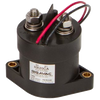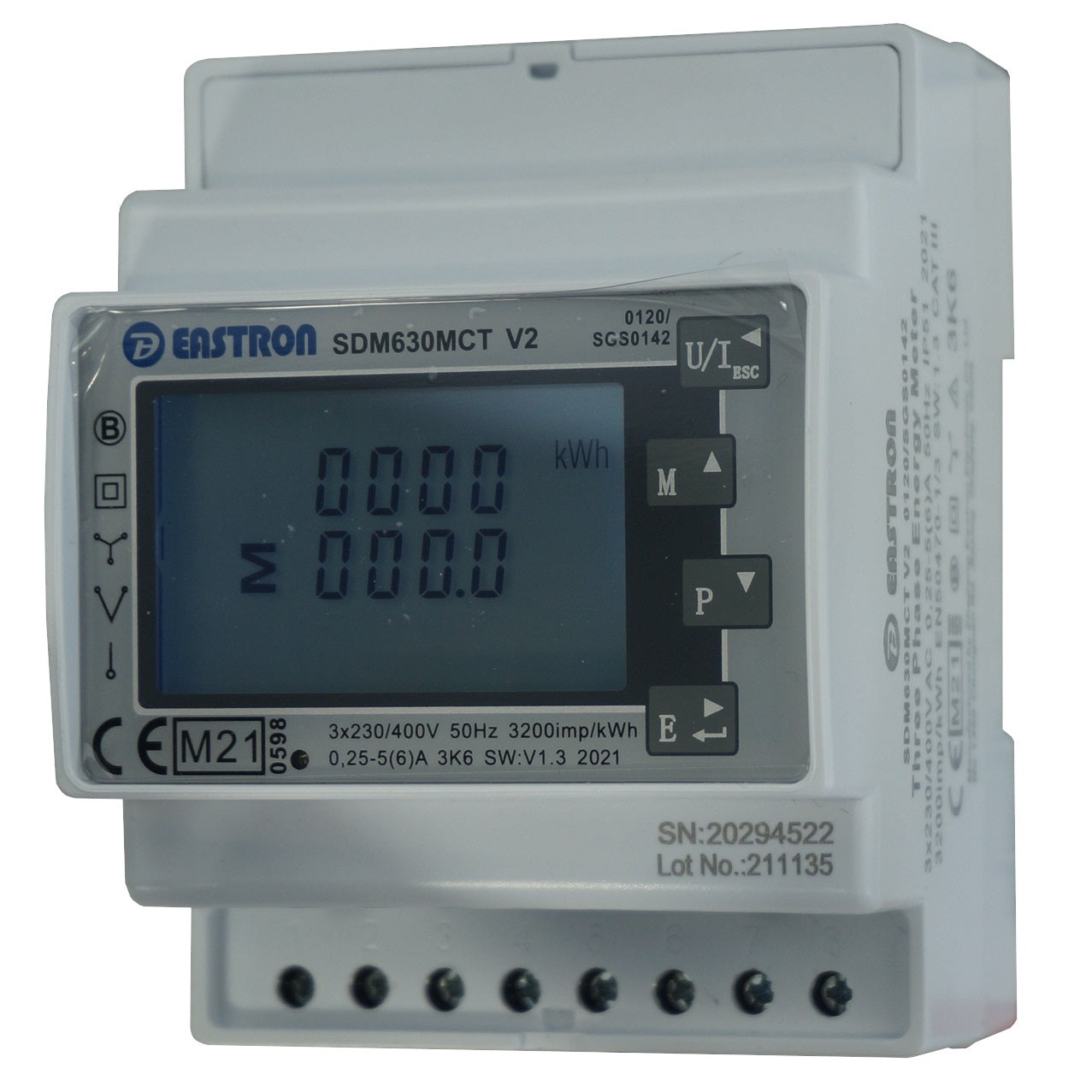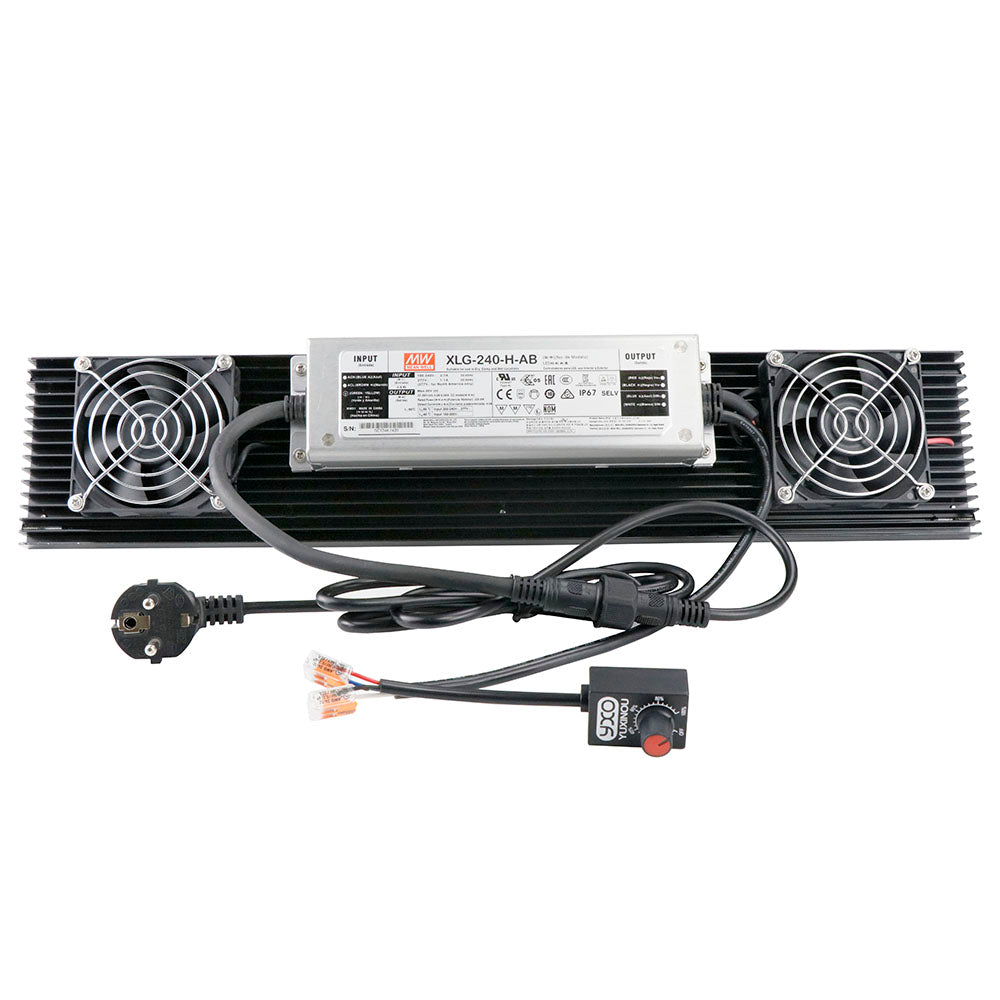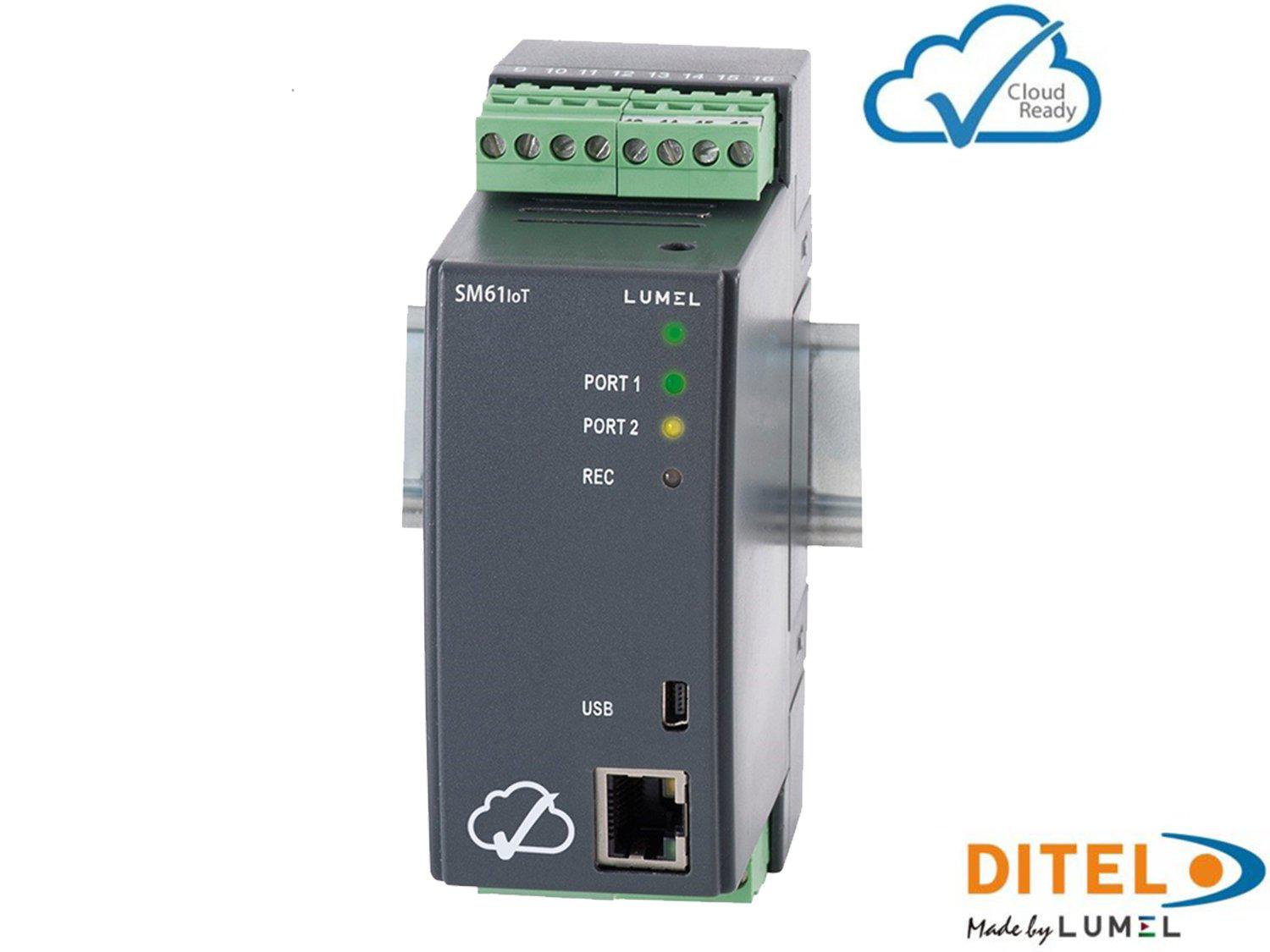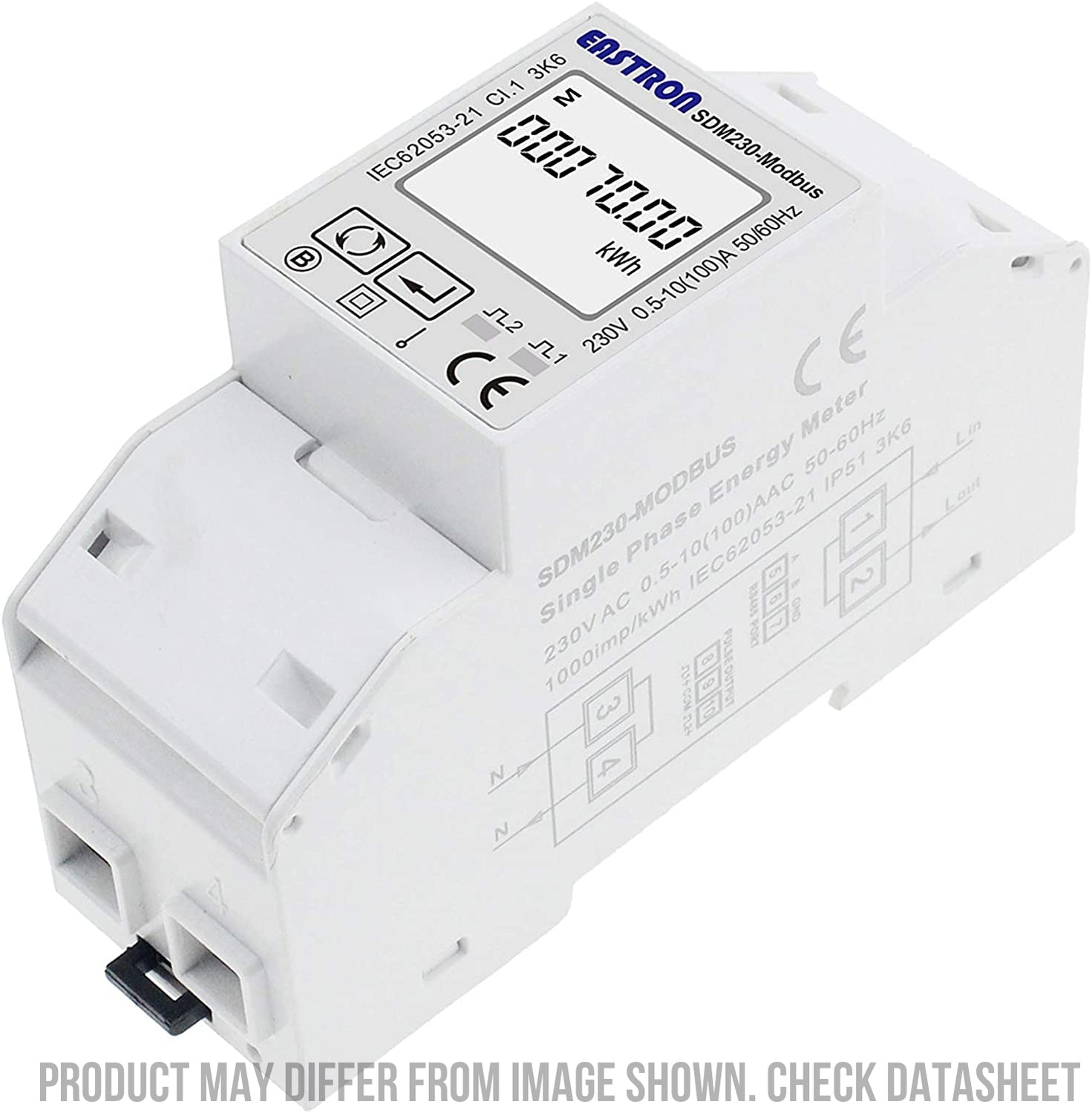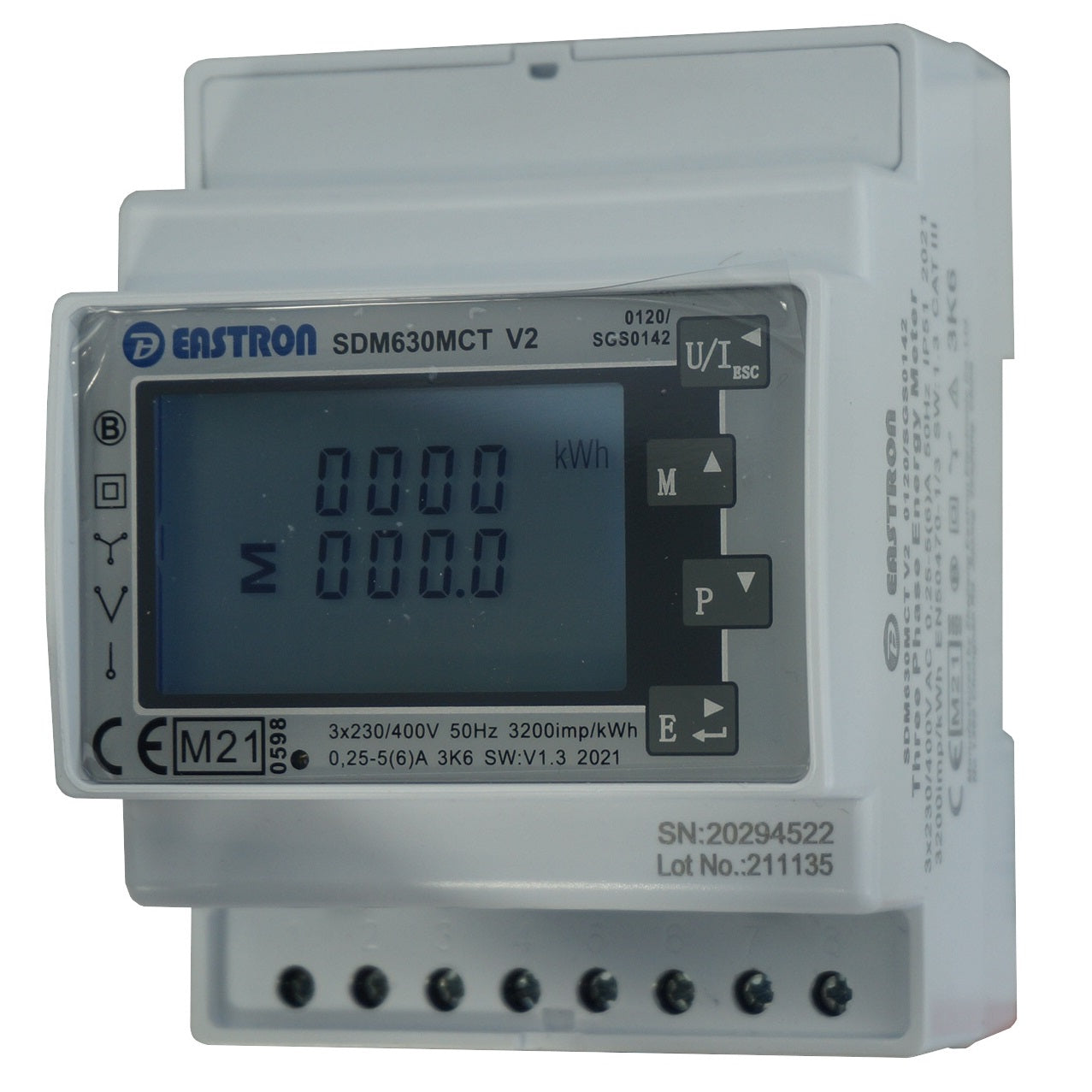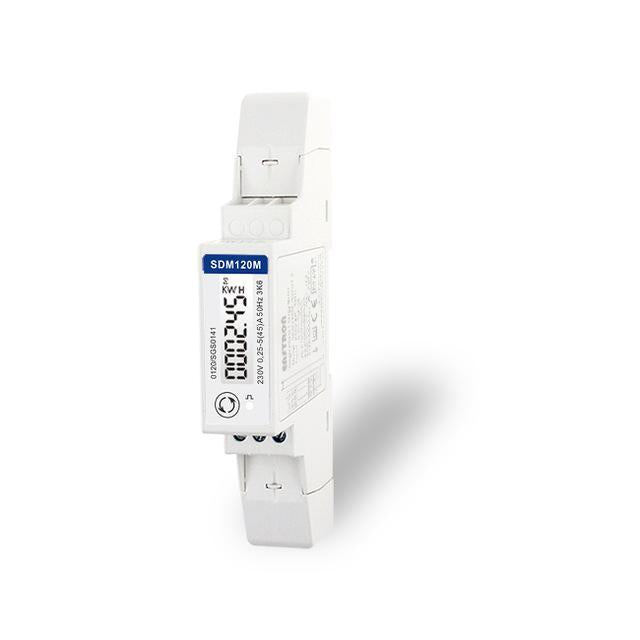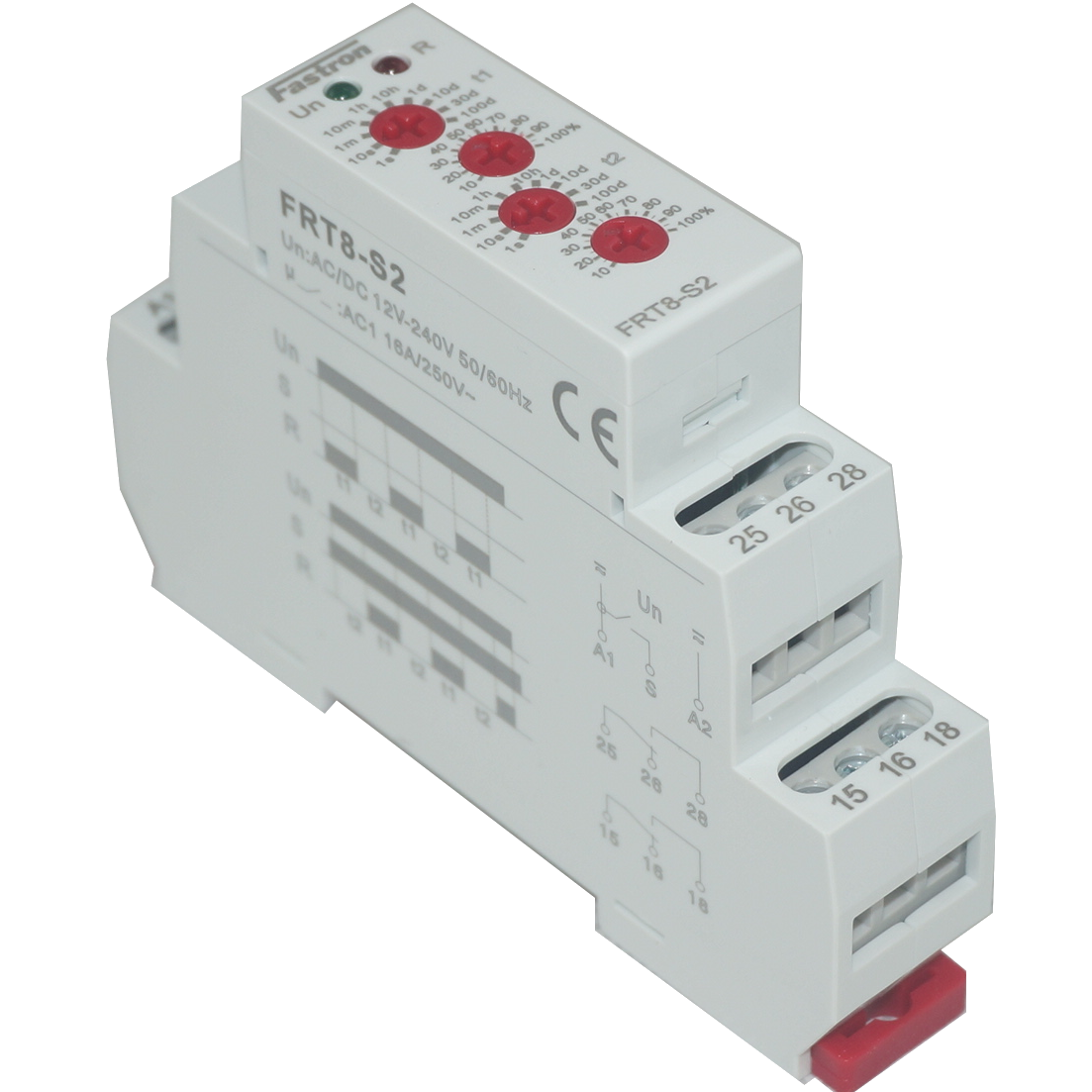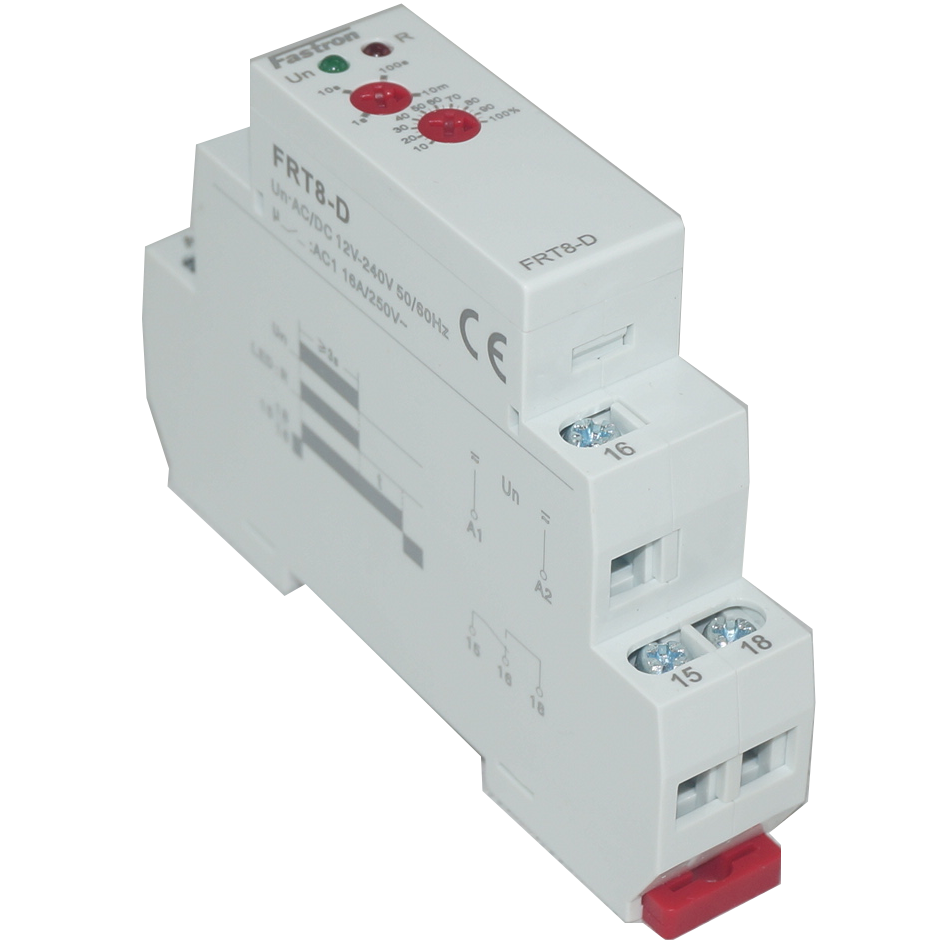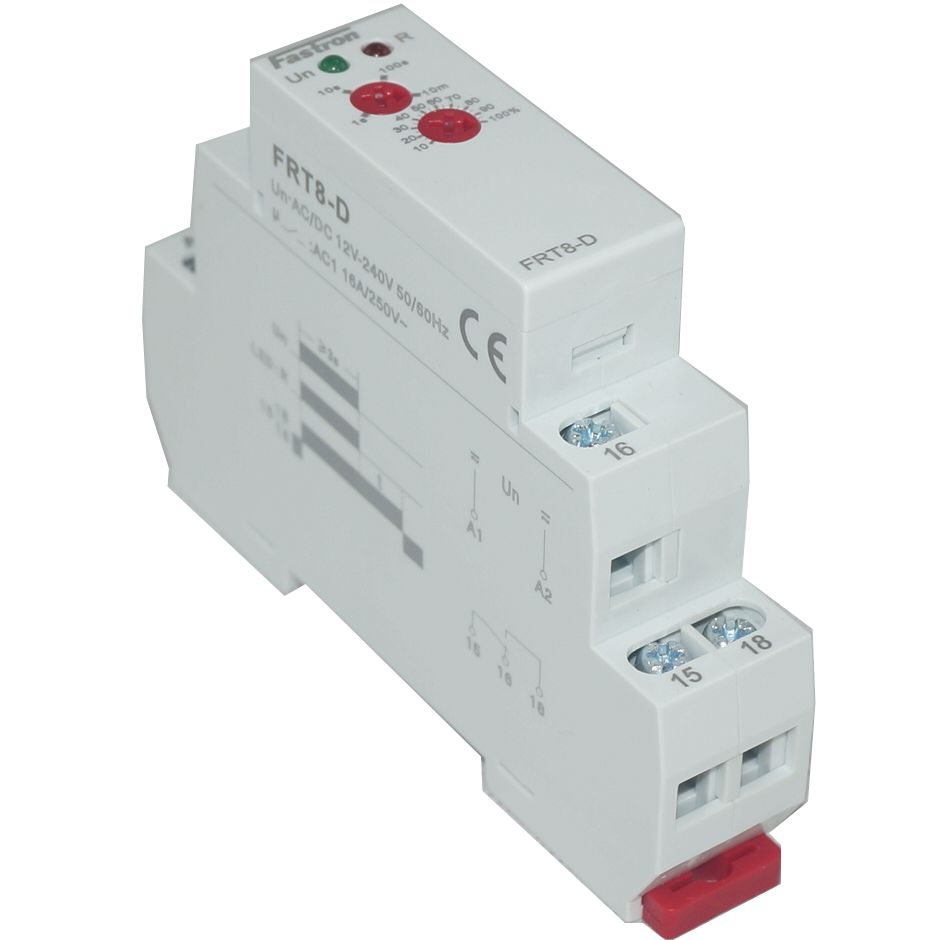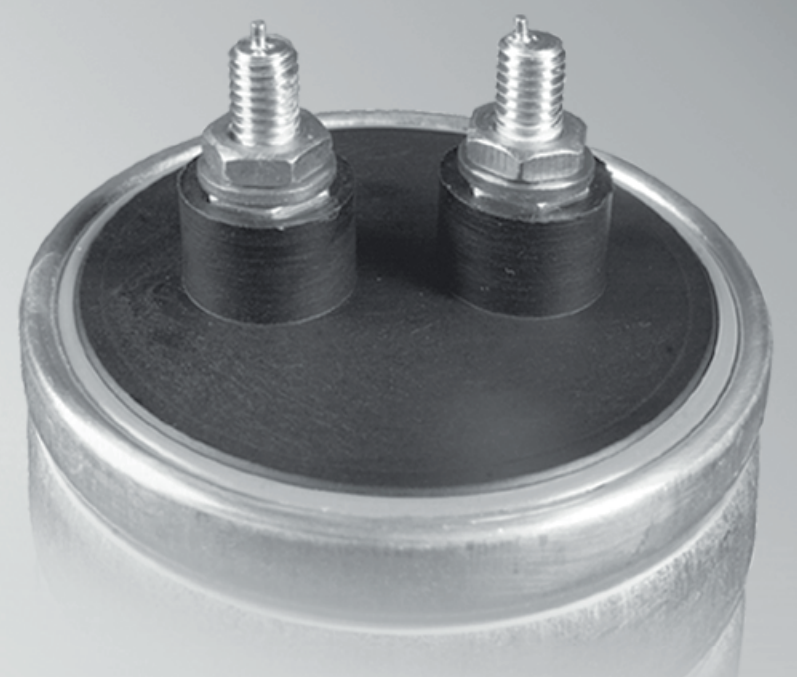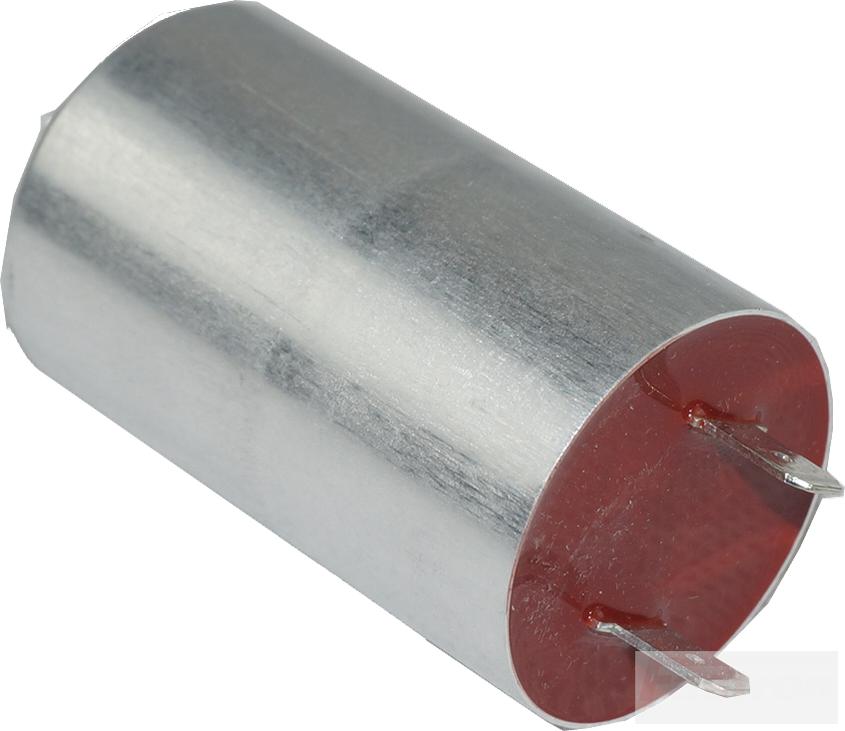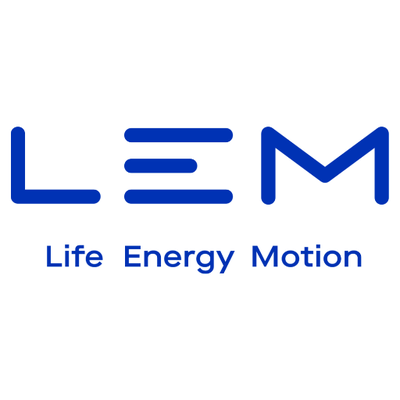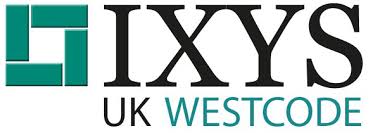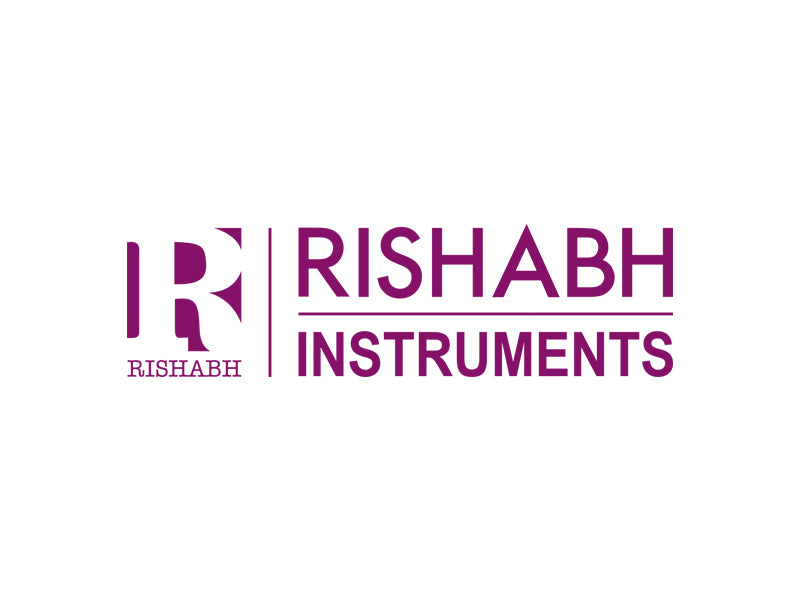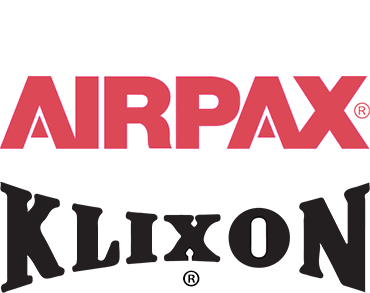All Departments
-
E-Mobility and Renewables
Current Sensors
-
Current and Voltage Sensors
Current Sensors/Transducers
- Split Core AC Current Sensors Process Output
- Solid Core AC Current Sensors with Process Outputs
- DC Current Sensor with Process Outputs
- DC Current Shunts
- Panel Mount Current Sensors
- Busbar Mount Current Sensors
- Surface Mount Current Sensors
- PCB Mount Current Sensors
- Automotive Current Sensors
- High Precision/Flux Gate
- Sensor Mounting Accessories
Voltage Sensors/Transducers
Current Transformers
Special Current Sensors
kWh Energy Meters
-
Temperature/Humidity Control
Power Process Automation
Motor Control and Protection
Programable Logic Controllers and HMI
-
kWh Meters
Current Transformers
Din Rail Mount Transducers, Transmitters, Panel Meters
-
Circuit Breakers
- Moulded Case Circuit Breakers (MCCB)
- DC Moulded Case Circuit Breakers (DCMCCB)
- Miniature Circuit Breakers (MCB)
- DC Circuit Breakers
- RCD with Circuit Breaker (RCBO)
- Residual Current Circuit Breakers (RCCB,RCD)
- Hydraulic/Magnetic Circuit Breakers
- Appliance Thermal Circuit Breakers
- Rocker Switch Circuit Breakers
- Motor Protection Circuit Breakers
Switches and Indicators
Timers & Relays
-
Power Semiconductors
Heatsink And Cooling
-
Circuit Breakers & Appliance Fuses
Circuit Breakers
- Miniature Circuit Breakers (MCB)
- Moulded Case Circuit Breakers (MCCB)
- DC Miniature Circuit Breakers (DC MCB)
- DC Moulded Case Circuit Breakers (DC MCCB)
- Appliance Thermal Circuit Breakers
- Rocker & Push Button Circuit Breakers
- Motor Protection Breakers & Starters
- Hydraulic Magnetic Circuit Breakers
- Residual Current Device (RCD)
- Residual Current Circuit Breakers with Overcurrent Detection (RCBO)
Appliance Fuses & Holders
Solar Fuses
I²t Ultra Rapid Fuses
Semiconductor/HRC Fuses
- BS88 Style Fuse Links (aR)
- Small square Body DIN 43 653 Fuses (aR)
- European DIN 43 653 Fuses (aR)
- Automotive Power Fuses (gR)
- Cartridge Fuses with Din Rail Holder (gR)
- Cartridge Semiconductor Fuses (gR)
- European Size 33 (aR)
- NH0/NH00 Fuses (gG/gL)
- NH000 Fuses (gG/gL)
- NH1 Fuses (gG/gL)
- NH2 Fuses (gG/gL)
- NH3 Fuses (gG/gL)
- Amp Trap Fuses (Round)
Fuse Holders/Mounting Hardware
DC Contactor and Batttery Fuses
Surge Protection & Safety
-
Power Controllers
Power Factor Correction
Power Quality and EMC
-
Solid State Relays
- AC Control Solid State Relays
- DC Control Solid Sate Relays
- AC Switching Solid State Relays
- DC Switching Solid State Relays
- Din Rail Mount Solid State Relays
- Proportional Phase/Burst SSR
- 2 Pole Solid State Relays
- 3 Phase Solid State Relays
- Triac & AC Switch Modules
Solid State Relay & Heatsink
Slim DIN Rail or PCB Mount Types
Solid State Contactors
Contactors and HV Relays
Relays and Timers
-
Power Supplies and Battery Chargers
Battery Chargers, UPS
Test Equipment
Test Leads and Probes
-
IEC Inlets and Connectors
Wide Range of Switches
Cordsets & Power Distribution
-
Environmental
Light & Sound
-
Communication Hardware
Software & IOT Systems
No result found for your search.
-
-
-
-
- Current Sensors/Transducers
- Split Core AC Current Sensors Process Output
- Solid Core AC Current Sensors with Process Outputs
- DC Current Sensor with Process Outputs
- DC Current Shunts
- Panel Mount Current Sensors
- Busbar Mount Current Sensors
- Surface Mount Current Sensors
- PCB Mount Current Sensors
- Automotive Current Sensors
- High Precision/Flux Gate
- Sensor Mounting Accessories
-
-
-
-
-
-
- Temperature and Humidity Controllers
- Dial / Encoder Temperature Controllers
- 48x24mm Panel Size
- 48x48mm Panel Size
- 72x72mm Panel Size
- 48x96mm Panel Size
- 96x48mm Panel Size
- 96x96mm Panel Size
- Dual Loop Controllers
- PWM Duct Heater Modules
- Pattern/Step/Ramp-Soak Controllers
- Refrigeration and HVAC Controllers
- DIN Rail Mount
-
-
-
-
-
-
-
- Moulded Case Circuit Breakers (MCCB)
- DC Moulded Case Circuit Breakers (DCMCCB)
- Miniature Circuit Breakers (MCB)
- DC Circuit Breakers
- RCD with Circuit Breaker (RCBO)
- Residual Current Circuit Breakers (RCCB,RCD)
- Hydraulic/Magnetic Circuit Breakers
- Appliance Thermal Circuit Breakers
- Rocker Switch Circuit Breakers
- Motor Protection Circuit Breakers
-
-
-
-
-
-
- Circuit Breakers
- Miniature Circuit Breakers (MCB)
- Moulded Case Circuit Breakers (MCCB)
- DC Miniature Circuit Breakers (DC MCB)
- DC Moulded Case Circuit Breakers (DC MCCB)
- Appliance Thermal Circuit Breakers
- Rocker & Push Button Circuit Breakers
- Motor Protection Breakers & Starters
- Hydraulic Magnetic Circuit Breakers
- Residual Current Device (RCD)
- Residual Current Circuit Breakers with Overcurrent Detection (RCBO)
-
- Semiconductor/HRC Fuses
- BS88 Style Fuse Links (aR)
- Small square Body DIN 43 653 Fuses (aR)
- European DIN 43 653 Fuses (aR)
- Automotive Power Fuses (gR)
- Cartridge Fuses with Din Rail Holder (gR)
- Cartridge Semiconductor Fuses (gR)
- European Size 33 (aR)
- NH0/NH00 Fuses (gG/gL)
- NH000 Fuses (gG/gL)
- NH1 Fuses (gG/gL)
- NH2 Fuses (gG/gL)
- NH3 Fuses (gG/gL)
- Amp Trap Fuses (Round)
-
-
-
Need help? Contact us
+61 (0)3 97635155
sales@fastron.com.au
My Cart
Your cart is empty
- Home
- All Collections
- DC Current Sensors with Process Outputs
DC Current Sensors with Process Outputs
DC Hall Effect Sensors with Process Outputs are available through Melbourne based Fastron Electronics. Warehoused in Braeside Victoria, these AC or DC Current Sensors are used for Process Automation and Power Control Systems to provide Average or True RMS outputs of 0-5V, 0-10V, 4-20mA, 0-20mA, or Bipolar 4-20mA output. Various models are available in DIN Rail, Split Core, and Panel Mount, Cable Mount style.
For any item not shown here please contact us
FAQ's
1. What is a DC sensor and how does it work?
A DC sensor detects direct current in an electrical system and converts it into a readable output signal, such as 4–20mA or 0–10V. These sensors typically use Hall Effect technology to provide accurate and real-time current measurements for process automation and power control systems.
2. Where can I buy a reliable DC current sensor in Australia?
You can purchase reliable DC current sensors in Australia from Fastron Electronics. Our Melbourne-based store offers a wide selection of Hall Effect sensors suitable for various automation and control applications, available in DIN Rail, Split Core, and Panel Mount styles.
3. What is the difference between a DC current sensor and an AC current sensor?
A DC current sensor measures direct current (DC), while an AC current sensor measures alternating current (AC). DC sensors typically use Hall Effect technology for accurate, stable output, whereas AC sensors may use current transformers or other methods tailored to fluctuating current flow.
4. How does a DC current sensor measure current in a circuit?
DC current sensors use Hall Effect principles to detect the magnetic field created by current flow in a conductor. They then convert this data into standardised output signals like 4–20mA or 0–10V for monitoring or control in automation systems.
5. Can a DC current sensor be used in solar power systems?
Yes, DC current sensors are well-suited for solar power systems. They provide reliable current measurements in DC circuits, making them ideal for monitoring power output and ensuring system efficiency in renewable energy applications.
6. What are the applications of DC current sensors in industrial settings?
DC current sensors are commonly used in process automation, power control, and energy management systems. They help monitor current in DC circuits to improve efficiency and safety in industrial machinery, power supplies, and control panels.
7. How accurate are DC current sensors for monitoring low-current circuits?
DC current sensors with Hall Effect technology offer good accuracy for low-current monitoring, especially models with True RMS or average output options. They are suitable for precise control and measurement in sensitive or low-power applications.
8. What is the typical voltage range for your DC current sensors?
Fastron Electronics offers DC current sensors with process output ranges such as 0–5V, 0–10V, 4–20mA, and 0–20mA, suitable for various system requirements and control configurations in industrial applications.
9. How do I install a DC current sensor in my electrical system?
DC current sensors are available in DIN Rail, Panel Mount, Split Core, and Cable Mount styles, making installation flexible for different systems. Always follow manufacturer guidelines and safety standards during installation for optimal performance.
10. Are DC current sensors suitable for use in electric vehicles (EVs)?
Yes, DC current sensors can be used in electric vehicles to monitor battery discharge, power usage, and energy flow. Their real-time output makes them valuable for EV applications requiring precision and efficiency.
11. Do your DC sensors provide real-time current readings?
Yes, Fastron Electronics’ DC sensors are designed to deliver real-time current readings using average or True RMS outputs. These sensors support process automation systems that rely on live data for performance and safety.
12. Can a DC current sensor be used for both high and low voltage systems?
Yes, DC current sensors are versatile and suitable for both high and low voltage systems, provided the model is selected according to the system’s current and voltage specifications. Fastron offers various options to suit different needs.
13. What is the lifespan of a typical DC current sensor?
DC current sensors with solid-state Hall Effect technology generally offer a long operational lifespan. They have no moving parts, which reduces wear and ensures durability in both industrial and automation environments.
14. Are your DC current sensors compliant with Australian electrical standards?
Yes, Fastron Electronics provides DC current sensors that are reliable and aligned with relevant Australian electrical standards, ensuring safe and compliant performance across industrial and commercial installations.
15. Can I integrate DC current sensors with automation systems?
Absolutely. Our DC current sensors are designed for easy integration with automation systems, offering standard process outputs like 4–20mA and 0–10V. They are ideal for real-time monitoring and control applications in industrial settings.
$184.00
$259.00
$62.00
$112.80
$49.00

